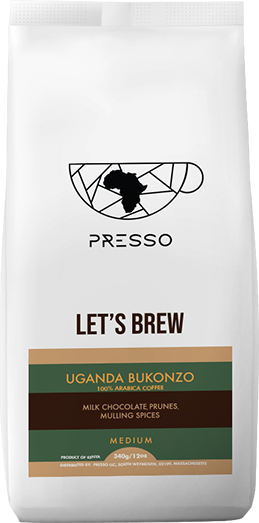
Staying Hydrated: Understanding the Relationship Between Coffee and Dehydration
Staying Hydrated: Understanding the Relationship Between Coffee and Dehydration
- Adam Smith
- 06-02-2024
- 06-02-2024
- 1123 views
- Coffee Health

Coffee, a beloved beverage enjoyed by millions worldwide, has long been associated with potential dehydration. In this blog, we’ll explore the complex relationship between coffee consumption and hydration, debunking myths, highlighting scientific findings, and providing practical tips to stay adequately hydrated while savoring your favorite brew.
Understanding Dehydration

Debunking the Myth: Contrary to popular belief, moderate coffee consumption does not directly lead to dehydration. While caffeine is a diuretic, studies have shown that the fluid intake from coffee offsets its diuretic effect, resulting in a net hydration benefit.
Hydration Basics: Hydration is essential for maintaining bodily functions, regulating body temperature, and supporting overall health. Adequate fluid intake is crucial, and while water is the primary source of hydration, other beverages, including coffee, contribute to daily fluid intake.
The Role of Caffeine
Caffeine and Diuresis: Caffeine, the primary psychoactive compound in coffee, has diuretic properties that increase urine production. However, the diuretic effect of caffeine is mild and temporary, and regular coffee drinkers develop tolerance to its diuretic effects over time.
Fluid Balance: Despite its diuretic properties, coffee can contribute to overall fluid balance. Studies have shown that the fluid intake from coffee, along with its water content, offsets any increased urine production, resulting in no significant net loss of fluid.
Factors Influencing Hydration

Individual Variability: Hydration needs vary from person to person based on factors such as age, weight, activity level, and climate. While coffee consumption may affect hydration status differently in individuals, overall hydration needs should be met through a combination of beverages and water-rich foods.
Caffeine Sensitivity: Individuals vary in their sensitivity to caffeine, with some experiencing more pronounced diuretic effects than others. Monitoring caffeine intake and paying attention to individual tolerance levels can help maintain hydration balance.
Practical Tips for Hydration
Balance and Moderation: Enjoy coffee as part of a balanced diet and lifestyle. Moderation is key, and consuming coffee in reasonable amounts, spread throughout the day, can help mitigate any potential diuretic effects.
Stay Hydrated Throughout the Day: In addition to coffee, incorporate water-rich foods and other hydrating beverages such as herbal tea, infused water, and electrolyte drinks into your daily routine. Remember to listen to your body’s thirst cues and drink water regularly.
Conclusion
Coffee is a flavorful and enjoyable beverage that can be part of a healthy hydration regimen when consumed in moderation. While it contains caffeine, which has mild diuretic properties, the overall hydration impact of coffee is minimal when consumed as part of a balanced diet. By staying mindful of hydration needs and practicing moderation, coffee lovers can continue to savor their favorite brew while maintaining optimal hydration levels.






















